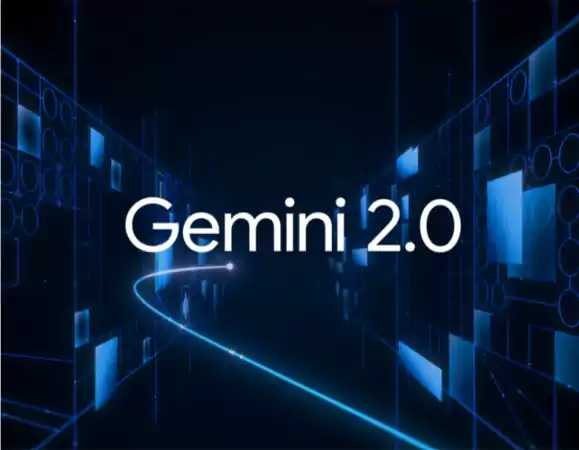
It has been an incredibly hectic month for Google, which aims to surpass OpenAI with a wide range of AI innovations. On Thursday, Google launched its latest creation, Gemini 2.0 Flash Thinking Experimental.
This innovative AI model includes runtime reasoning techniques similar to OpenAI’s o1. Its aim is to offer a more profound understanding of the problems it encounters.
This experimental model builds upon the recently launched Gemini 2.0 Flash and it operates on the AI Studio platform by Google. However, the initial evaluations by TechCrunch reporter Kyle Wiggers, have uncovered some accuracy challenges with some basic tasks.
These reasoning models stand apart from conventional AI models by adding feedback loops and self-checking mechanisms. It reminds us of early 2023’s hobbyist initiatives such as ‘Baby AGI’. This approach demands additional computing time which is often extending the response times by a few seconds or even minutes.
Traditional scaling methods during training have yielded diminishing returns and companies are looking for increasingly turning to reasoning models. The chief scientist at Google DeepMind, Jeff Dean stated that the model benefits from enhanced computing power. He said on X, “We see promising results when we increase inference time computation!”
The model pauses to evaluate several related prompts before delivering what is believed to be the most accurate response. Some proponents argue that the reasoning models can tackle complex mathematical or academic challenges that may not be suitable for everyone. Although it is excellent in certain things, concerns regarding the overall effectiveness and precision of the same arise. In addition to this, the substantial computing costs that are linked with running reasoning models have sparked worries about their long-term sustainability. The high expenses can also be seen in the Pro OpenAI of ChatGPT which for example has a monthly fee of $200.
